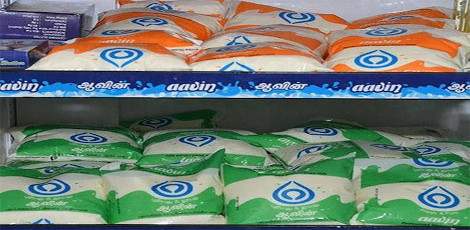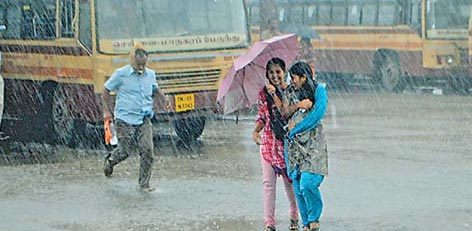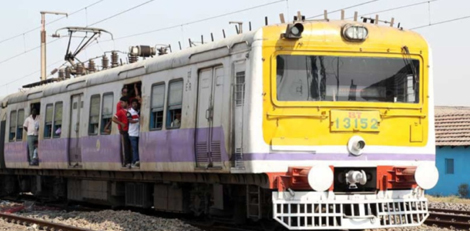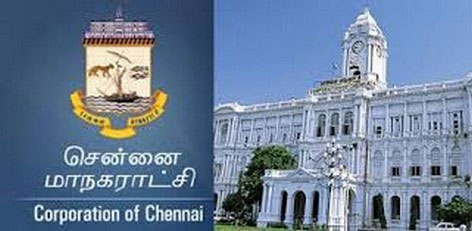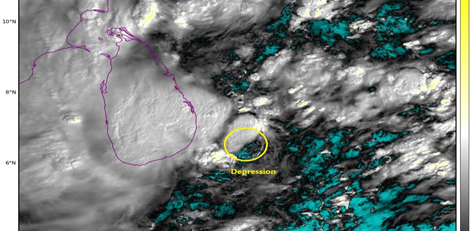National Social Assistance Programme (NSAP)
Posted on: 29/Dec/2016 5:05:41 PM
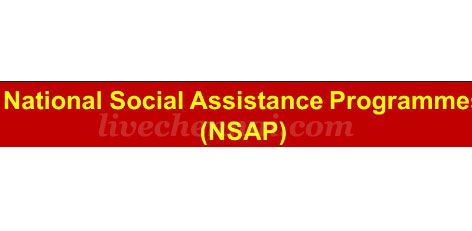
The National Social Assistance Programme (NSAP) is a welfare programme being administered by the Ministry of Rural Development. This programme is being implemented in rural areas as well as urban areas. NSAP represents a significant step towards the fulfilment of the Directive Principles of State Policy enshrined in the Constitution of India which enjoin upon the State to undertake within its means a number of welfare measures.
These are intended to secure for the citizens adequate means of livelihood, raise the standard of living, improve public health, provide free and compulsory education for children etc. In particular, Article 41 of the Constitution of India directs the State to provide public assistance to its citizens in case of unemployment, old age, sickness and disablement and in other cases of undeserved want within the limit of its economic capacity and development. It is in accordance with these noble principles that the Government of India on 15th August 1995 included the National Social Assistance Programme in the Central Budget for 1995-96. The Prime Minister in his broadcast to the Nation on 28th July 1995 announced that the programme will come into effect from 15th August 1995. Accordingly the Govt. of India launched NSAP as a Centrally Sponsored Scheme w.e.f 15th August 1995 towards fulfilment of these principles.
The National Social Assistance Programme (NSAP) then comprised of National Old Age Pension Scheme (NOAPS), National Family Benefit Scheme (NFBS) and National Maternity Benefit Scheme (NMBS). These programmes were meant for providing social assistance benefit to the aged, the BPL households in the case of death of the primary breadwinner and for maternity. These programmes were aimed to ensure minimum national standards in addition to the benefits that the States were then providing or would provide in future.
For more details visit nsap.nic.in


